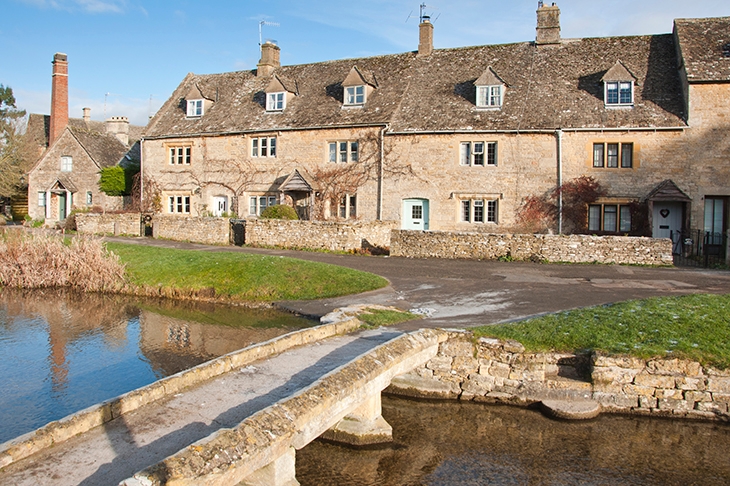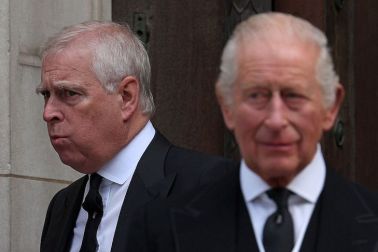Max Porter’s first book, Grief is the Thing with Feathers (2015), got a lot of credit for finding original ways to talk about two of the oldest subjects under the sun: human love and human death. It’s hero is a young father writing a book about Ted Hughes, whose distress at the death of his wife, and whose efforts to look after their two children, are shaped by the appearance in his life of Hughes’s celebrated figure of the Crow, a real/metaphorical creature who is on the one hand disgusting, violent, abusive, anarchic and gloating, and on the other bracingly vigorous, unkillable and transformative. The bird’s dynamism blows apart familiar structures of narrative and prevents any one point of view from achieving a steady control. The book therefore becomes a collection of glimpses and fragments, some of which read as poetical eruptions, others of which deploy more logical procedures, and all of which gradually coalesce into the compelling portrait of a mind that is initially devastated by loss, but gradually learns to cope with it.
Lanny, Porter’s new novel, uses many of the same techniques as its predecessor. There is the same separation of voices; the same reliance on a childlike point of view; the same interest in a supercharged language which makes sense without quite spelling an exact proposition; the same use of violent and disgusting things (‘the lovely dirt of public spaces’) to express the troubled depths of the human psyche; and the same interest in metaphors that combine realistic observation with surreal fantasy.
Lanny addresses a similar set of themes too: the flow of deep time that underlies the turbulence of the present; the darkness that lurks behind friendly faces; the contiguity of life and death. What is different, this time round, is the larger social dimension Porter gives to these things — and it is this, more than anything else, that not only prevents the new book from seeming like a recasting of the first, but an impressive step beyond it.
The Crow-role in Lanny is taken by Dead Papa Toothwort, the Green Man-ish place-spirit of a small village (‘fewer than 50 redbrick cottages’) within commuting distance of London. Part embodiment of the vanished past, part trickster, part soul-guide, part menace, Toothwart is at once vital and threatening — ‘a dark attentive voyeur’ whose flickering presence allows us to see the viciousness of the village life he haunts, as well as its vulnerability. (In these respects he calls to mind the hero of another of Hughes’s metaphorical epics: Gaudete.) His language — fruity, fragmented — is the most attention-grabbing in the book — all the more so because it’s interwoven with snippets of village talk that are themselves draped, twined, coiled and undulated across his own words. We very soon understand that he is, among other things, a master of ‘the horrible joke of the flesh and the rubbery links between life and death’.
Others in the village, especially the more familiar and plain-speaking types, seem less likely to provoke disaster. But each has the capacity to do so, including the main cast: Lanny, an original (‘away with the fairies’), self-contained, artistic little boy, whose sensitivities make him a kind of ‘transmitting device’ for adult complexities; his mother Jolie, formerly an actress and now embarking on a career as the author of gruesome fiction; her ‘city slicker’ asset-manager husband Robert, who in some respects is divorced from his own humanity; and Pete, a talented artist, now almost 80, obsessed by last things and the residues of life who, despite his reputation for being ‘Mad’, is invited by Jolie to give Lanny art lessons after school.
Is Jolie asking for trouble? The extent to which we are the authors of our own difficulties is one of Porter’s main concerns, and when Lanny disappears this theme becomes paramount. Throughout the second section of the book, with Lanny missing, presumed dead, gossip-mongering in the village goes into overdrive, with inevitably disturbing and corrosive results. Pete the painter is demonised (no longer just ‘mad’ but ‘a weirdo’); prejudices about foreigners and incomers become rampant (Jolie and her family have only lived in the village for a couple of years); and malevolent aspects of its ancient myths rise to the surface. If there is any benefit to be gained from all this, it’s wisdom of a discomforting kind, as Lanny’s father discovers: ‘None of us actually feels anything for anyone else,’ he tells himself. ‘It’s all pretend.’
Porter does very well not to let this part of his novel become moralistic, and even better to complete the third section with the flourish he does. A plot summary would be a spoiler. Suffice it to say that by continuing to combine the close observation of things in themselves with flights of fancy, and by mixing orthodoxies such as good pacing and convincing characterisation with formal inventiveness, he devises a conclusion which is at once strange and moving.
It also allows the abiding question of the book to continue resonating: what kinds of catharsis do any of us need to achieve in order to find greater self-definition? What kind of alignments must we make with history to satisfy our need for endings?
Now listen to Sam Leith interview Max Porter on Lanny in the Spectator’s Books Podcast:






Comments